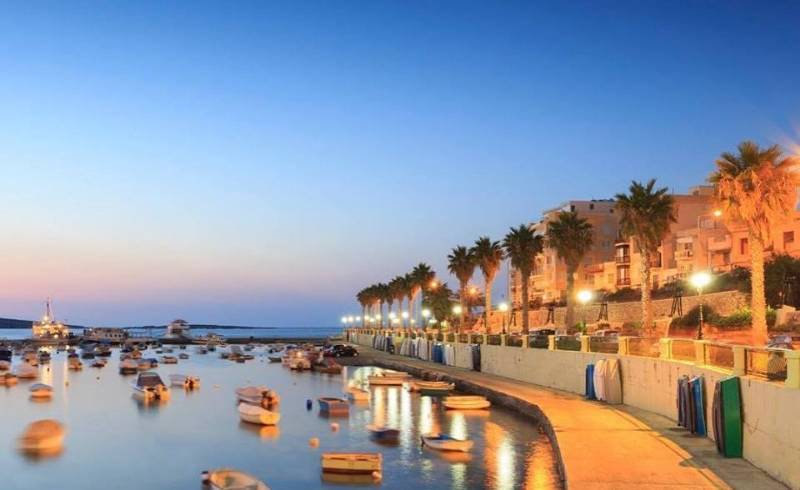
Malta’s Property prices Jump By 50% In Two Years
Malta's Property prices Jump By 50% In Two Years
It's clear to see that Malta's property market is booming. However, the jump in demand is beginning to isolate the average Maltese person, and with an increase of almost 50% in the average price of property across the country, it's easy to see why.
The influx of high-income foreign workers, while having an overwhelmingly positive effect on the Maltese economy, has severely inflated the market off the back of exceptional rental demand.
A recent article published by “Lovin Malta” has given an insight of into the state of the real estate market using figures for December 2016 to March 2019.
The figures show a substantial increase across the board of roughly 47%, with the average prices in the northern region, the north harbour region (€435,000) and the southeastern region (€430,000) all recording jumps of over 60%.
In the case of the northern region, in particular, the average price of property increased by 79% in two years (€430,000). Conversely, the average prices in the southern harbour region have climbed by 14%.
It should be noted that in certain regions, prices have increased well above their current levels, for example the north harbour region reached highs of €560,000 in November 2018, while the southeastern reached almost €500,000 in October 2018.
The average prices of apartments have shown harsh variations in price from one month to another, ultimately almost doubling from December 2016 (€200,000) to March 2019 (€350,000), with the northern and northern harbour areas recording the largest changes.
The pattern is the same across other sectors, with statistics showing that the average prices of penthouses and villas have experienced some of the most severe fluctuations.
The spikes and fluctuations in price can be attributed to a number of factors, however industry experts repeatedly described the possibility of an influx of supply affecting price points within certain months.
For example, if an apartment block or particular set of properties entered the market in a particular month at a certain price point then it would affect the average.
Can the average Maltese worker even afford property?
While inflation seems to be a regular feature of economic reports, wages do seem to have remained relatively stagnant in context despite increases which is troublesome in the face of growing property prices.
In fact, according to figures published by the national Statistics Office (NSO), the average gross salary in Malta as of the fourth quarter of 2018 was €19,035.
Using home loan calculators of some of Malta's leading banks, the average single person is effectively priced out of every available market, only able to receive a maximum loan of just €120,000.
Meanwhile, couples both earning the average wage (something which is often not the case) don't fare much better, getting a maximum home loan of €235,000.



